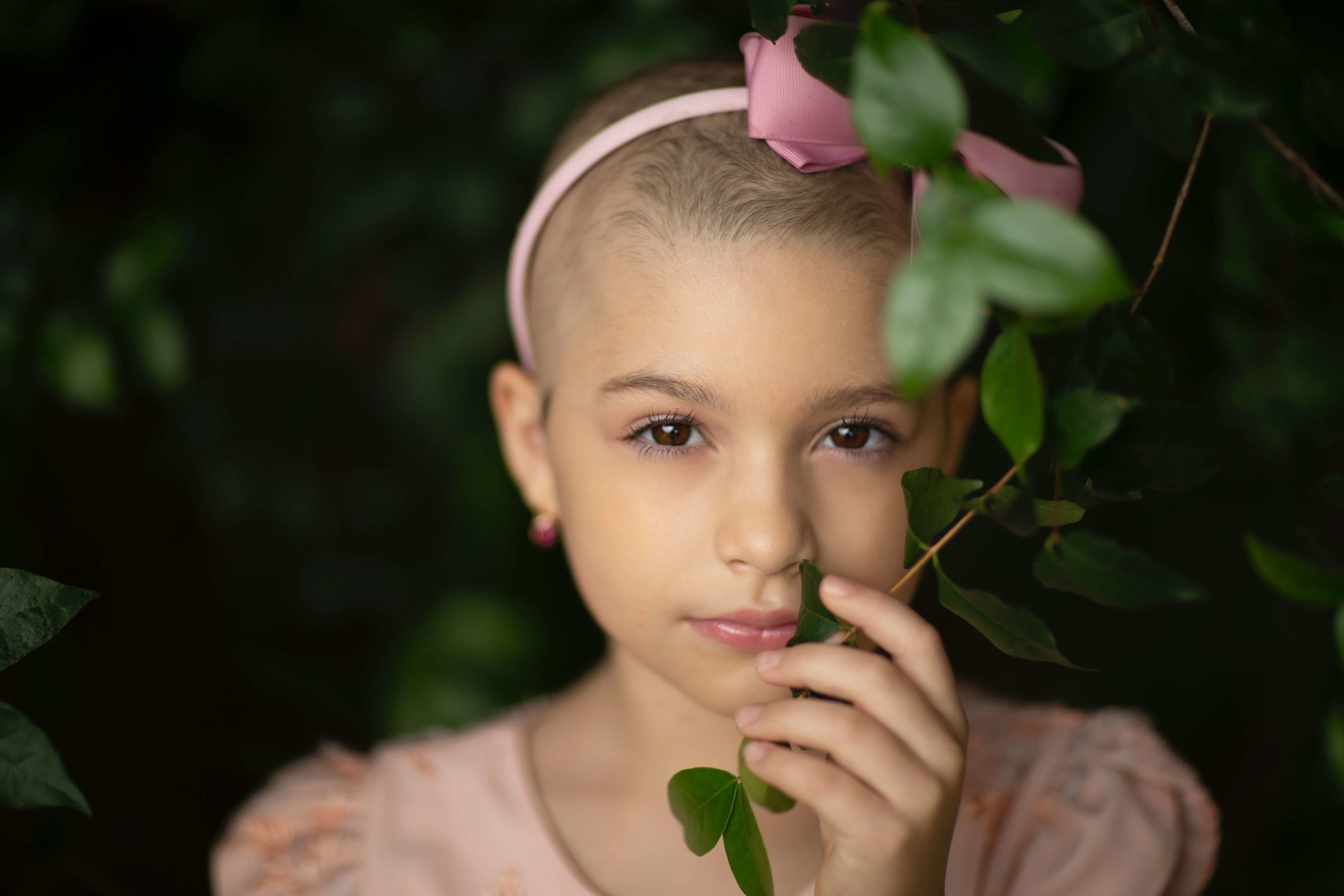Cancer is a disease that greatly affects not only the lives of patients, but also their loved ones. Chemotherapy, in particular, is very stressful and has many side effects that negatively affect the quality of life. Therefore, many patients try to find alternative ways to reduce these side effects. CBD has become increasingly important in this context. Many patients have used CBD to reduce the side effects of chemotherapy. According to recent research, CBD is said to have great potential and even fight cancer. However, these are only hypotheses and conclusions of scientists so far and have not been fully confirmed. Nevertheless, CBD is said to have a positive effect on curing cancer and make life easier for those affected.
This is how cannabinoids work
Researchers have found that CBD has analgesic, anti-inflammatory and anti-anxiety effects. It is also said to help patients sleep better. CBD is said to relieve nausea and vomiting. In the study, researchers have now found evidence that CBD can slow tumor growth. It is also said to have an effect on immune cells, which recognize and eliminate cancer cells in the body. Here’s what CBD can help with:
Relieve pain:
Cancer is accompanied by pain that can be very severe. Those who suffer often eventually feel exhausted and can no longer participate in life as usual. In many cases, pain is caused by tumors compressing bones, nerves or organs. Then there are the side effects of chemotherapy drugs. One of these side effects is pain. Therefore, it is clear that one of the main goals of treatment must be to relieve the patient’s pain. CBD can help. It is now known that CBD can interact with the body’s endocannabinoid system. Therefore, CBD can help alleviate the patient’s suffering. How CBD achieves this effect is still unknown. However, researchers suspect that CBD activates the so-called vanillic pain receptors via the endocannabinoid system. These receptors play an important role in preventing the transmission of pain to the brain and spinal cord.
Relieve anxiety and depression:
Just being diagnosed with cancer causes great anxiety for some people. How bad is it? Is there a cure? What can I do now? The diagnosis can lead to severe stress, which in turn can trigger further anxiety and, in the worst cases, depression. To facilitate overall treatment, anxiety and depression should be reduced to promote healing. Some studies have been conducted on animals. These indicate that CBD can help relieve symptoms of anxiety and depression. To understand exactly how CBD works in the human body, many different studies are currently being conducted on the human body.
Improve sleep:
This disease affects the quality of sleep for many sufferers. Constant anxiety, pain, and possibly depression prevent them from getting the sleep they need. Problems falling asleep and staying asleep make treatment more difficult. Too little sleep is certainly not conducive to treatment success. CBD can alleviate the symptoms that cause sleep problems, helping to improve sleep quality.
Alleviate nausea:
Many patients undergoing chemotherapy are familiar with its serious side effects. Nausea and vomiting are the most common side effects of treatment, and these side effects severely limit quality of life. For centuries, the cannabis plant has been used to combat nausea and associated vomiting. Many patients have used CBD to successfully relieve nausea. Of course, researchers also want to know what potential effect CBD has on nausea caused by chemotherapy. Therefore, some research has been conducted. Researchers concluded that cannabinoids like CBD can be very effective in treating nausea.
Slow tumor growth:
The focus of cancer treatment, of course, is always to slow the growth of the tumor or, at best, prevent it altogether. Some studies have shown that CBD can inhibit the growth of cancer cells and also ensure that it slows the spread of tumors. However, these are in vitro studies or studies on animals. Although there is evidence that CBD may help reduce the size of certain tumors, human research is lacking. Until there is scientific evidence that taking CBD can effectively slow tumor growth, researchers can only speculate.
Affect immune cells:
Scientists believe that most people have cancer cells in their bodies at some point in their lives. These cancer cells are usually recognized in time by the immune system and eliminated immediately. Very special immune cells are responsible for this. T lymphocytes (also called T cells) and natural killer (NK) cells are particularly well known and very important. It is believed that CBD can influence the immune system’s ability to recognize and eliminate cancer cells. Exactly how this mechanism works is unclear. However, it is believed that this effect is achieved through the interaction of CBD with the endocannabinoid system, more specifically with the CB2 receptor. These receptors are already detectable in T lymphocytes and NK cells.
CBD – a natural agent that promotes health
CBD can improve well-being, that’s for sure. Cancer patients especially need to improve their health. Taking CBD can have several effects. Whether CBD is a way to improve well-being and health is something everyone has to figure out for themselves, but you shouldn’t expect miracle effects, at least not yet. Science is discovering new facts about CBD and its effects almost daily. It is likely that CBD will one day be involved in the treatment of cancer.

